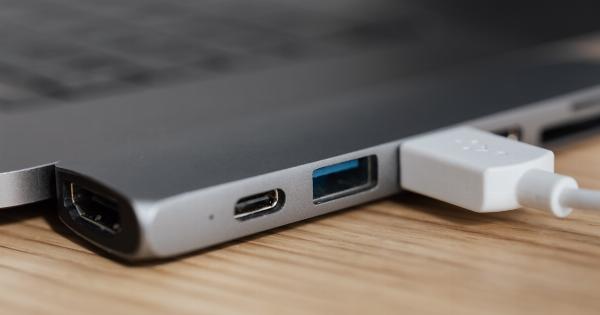Melanoma is a type of skin cancer that develops from melanocytes, which are cells that produce melanin, the pigment that provides color to your skin.
Exposure to ultraviolet (UV) rays from the sun or from artificial sources like tanning beds is the primary cause of melanoma. However, certain jobs require workers to be outdoors for extended periods, putting them at a higher risk of developing melanoma.
Jobs with High Risk of Melanoma
Farmers
Farming is one of the most common occupations that require outdoor work. Farmers are exposed to the sun for hours on end, and many spend the majority of their time outside.
The risk of developing melanoma is high for farmers, especially those who work in open fields. People who work in greenhouses or nurseries may also be at risk because of the reflection of UV rays off glass or plastic surfaces.
Construction Workers
Construction workers spend most of their time outdoors and are exposed to UV rays from the sun. They may also be exposed to other hazardous substances that can increase the risk of skin cancer, such as tar or asphalt.
Roofers, masons, and other construction workers who spend a lot of time on scaffolding or ladders are particularly at risk because they are exposed to UV rays from multiple directions.
Landscapers
Landscapers work outdoors all year round, and their work requires them to be exposed to UV rays for extended periods. They may also use tools like lawn mowers or leaf blowers that can kick up dirt and dust, which can increase exposure to UV rays.
Landscapers who work in direct sunlight or reflective environments like near water or snow are at higher risk of developing melanoma.
Lifeguards
Lifeguards work outdoors and are exposed to the sun for most of the day. They may also be surrounded by reflective surfaces like water, which can increase their exposure to UV rays.
Lifeguards who work at outdoor pools or on beaches are at a high risk of developing melanoma.
Fishermen
Fishermen work outdoors and are exposed to the sun and other elements for extended periods. They may also be surrounded by reflective surfaces like water, which can increase their exposure to UV rays.
Fishermen who work in open boats are at higher risk because they are not protected by a cabin or roof.
Postal Carriers
Postal carriers spend a lot of time outdoors, walking or driving on their routes. They may not encounter as much direct sunlight as other outdoor workers, but they are still exposed to UV rays for extended periods.
The reflective surfaces of snow or pavement can also increase their exposure to UV rays.
Sporting Officials
Sporting officials work outdoors and are exposed to direct sunlight for extended periods. They may also be surrounded by reflective surfaces like snow or water, which can increase exposure to UV rays.
Officials who work in sports like football or soccer, which are played on grass fields, may be at higher risk because grass reflects more UV rays than other surfaces.
Delivery Drivers
Delivery drivers spend a lot of time outdoors, driving or walking on their routes. They may not encounter as much direct sunlight as other outdoor workers, but they are still exposed to UV rays for extended periods.
The reflective surfaces of snow or pavement can also increase their exposure to UV rays.
Tennis or Golf Professionals
Tennis or golf professionals work outdoors and are exposed to direct sunlight for extended periods. They may also be surrounded by reflective surfaces like water or sand, which can increase exposure to UV rays.
Golfers who spend a lot of time on the green may be at higher risk because grass reflects more UV rays than other surfaces.
Outdoor Sports Coaches
Outdoor sports coaches work outdoors and are exposed to direct sunlight for extended periods. They may also be surrounded by reflective surfaces like water or snow, which can increase exposure to UV rays.
Coaches who work in sports like football or soccer, which are played on grass fields, may be at higher risk because grass reflects more UV rays than other surfaces.
Conclusion
If you work in an occupation that requires outdoor work, it is important to take measures to protect your skin from UV exposure. Wearing protective clothing, hats, and using sunscreen can help reduce your risk of developing melanoma.
You should also be aware of any unusual moles or lesions on your skin and visit a dermatologist for regular check-ups. Early detection of melanoma is critical to successful treatment.


























